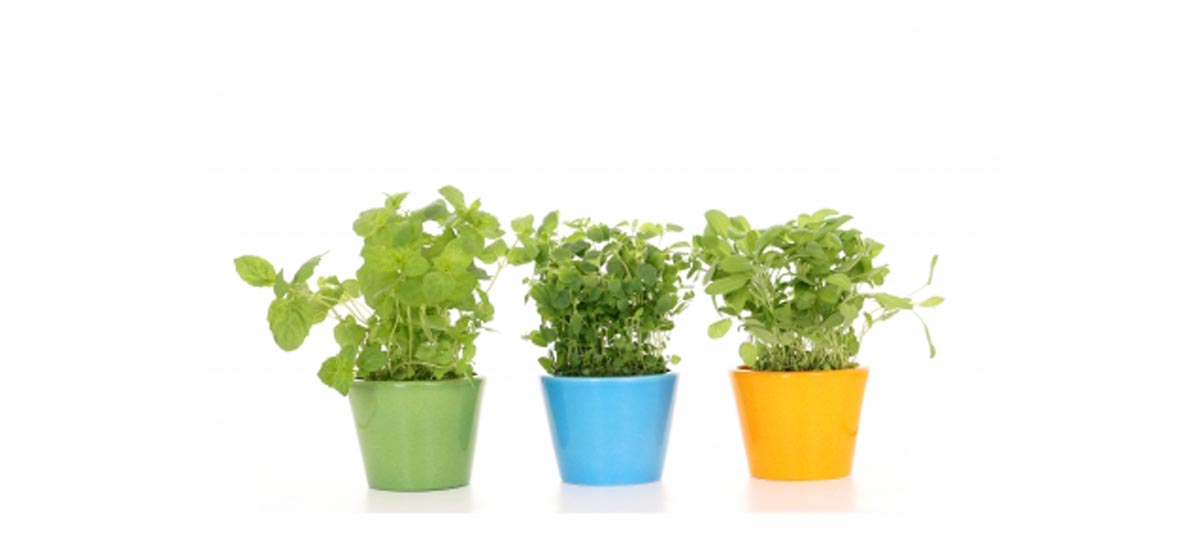Table of Contents
Herbs and other supplements can also be used to control diabetes. Indian Kino from the Pterocarpus massupium tree has been used for a long time in by Ayurvedic physicians in India to help maintain normal blood sugar levels. It also appears to help regenerate pancreatic beta cells- the cellular source of insulin.

Gymnema sylvestre has been shown to be helpful in normalizing blood sugars as well. Fenugreek (Trigonella foenum-gracum) has also been shown to have blood sugar normalizing activity. Another herb with proven blood sugar lowering abilities is American ginseng.
Other herbs that may prove very useful are cinnamon, Momordica charantia (bitter melon), carob, eucalyptus, Marshmallow (Althaea) and the chinese herb Fo-ti (Polygonum multiflorum, He-shou-wu). Various mushrooms have also been used as immune-regulators—these include the Reishi and Phellinus baumii mushrooms.
Among the various options available, one approach is to incorporate cinnamon into your daily routine. Sprinkling cinnamon on oatmeal or adding it to your morning coffee might not only add flavor but also potentially help improve insulin sensitivity.
Another option is to consider chromium supplements. Studies suggest that chromium may play a role in supporting healthy blood sugar levels, and supplements are available in different forms such as chromium picolinate and chromium chloride.
Alpha-lipoic acid (ALA) is an antioxidant that can be found in supplement form. ALA may help reduce oxidative stress and inflammation, both of which are factors that play a role in diabetes management. Including magnesium-rich foods like nuts, seeds, and leafy greens in your diet is a natural way to increase magnesium intake, which may have potential benefits for insulin sensitivity.
For those looking to add a supplement to their routine, berberine is an option that may help support healthy blood sugar levels.
Fenugreek seeds can be soaked and consumed, or fenugreek supplements are available for those who prefer a more convenient option. Fenugreek may help slow down the absorption of carbohydrates, which can support healthy blood sugar levels.
Gymnema Sylvestre is an herb traditionally used to reduce sugar absorption in the intestines.
Bitter melon can be included in your diet by incorporating it into stir-fries, soups, or salads. Alternatively, bitter melon supplements are also available for those interested in its potential anti-diabetic benefits.
Minerals necessary for proper blood sugar control include Vanadium, Manganese, Magnesium, Zinc and Chromium.
Important vitamins include the B-complex vitamins, Vitamins C, D and E. Make sure that you are not “overdoing” the vitamins and minerals by taking multivitamins together with supplements that contain some of these vitamins and minerals along with herbs. This is especially important with minerals like zinc and copper and the fat soluble vitamins such as Vitamins A, E, K and D. Make sure the “sum total” of these are checked with a health care professional very familiar with nutrition and supplementation.
- www.diabeteshealth.com/read/2008/12/17/715/the-history-of-diabetes/
- www.the-gi-diet.org/lowgifoods/
- www.dietpower.com/help/diet/fiber__dietary.htm
- Yadav H, Jain S, Yadav M, Sinha PR, Prasad GB, Marotta F, Epigenomic derangement of hepatic glucose metabolism by feeding of high fructose diet and its prevention by Rosiglitazone in rats. Dig Liver Dis - 01-JUL-2009, 41(7):500-8.
- Stanhope KL, Havel PJ., Endocrine and metabolic effects of consuming beverages sweetened with fructose, glucose, sucrose, or high-fructose corn syrup. Am J Clin Nutr - 01-DEC-2008, 88(6):1733S-1737S
- Shapiro A, Mu W, Roncal C, Cheng KY, Johnson RJ, Scarpace PJ., Fructose-induced leptin resistance exacerbates weight gain in response to subsequent high-fat feeding, Am J Physiol Regul Integr Comp Physiol - 01-NOV-2008, 295(5):R1370-5
- Ross AP, Bartness TJ, Mielke JG, Parent MB., high fructose diet impairs spatial memory in male rats. Neurobiol Learn Mem - 01-OCT-2009, 92(3):410-6
- Pandey, M.C. and Shanna, P.V- 1976. Hypoglycaemic effect of bark of Pterocarpus marsupium Roxb. on alloxan induced diabetes. Med Surg 16(7), 9.
- Rajasekharan, S. and Tuli. S.N. 1976, Pterocarpus marsupium, in the treatmeni of madhumeha (diabetes mellitus)—A clinical trial. J. Res Indian Med Yoga Homoeop 11(2), 9.
- Kedar, P. and Chakrabarti, C.H, 1981. Blood sugar, blood urea and serum lipids as influenced by Gurmar preparation, Pterocarpus marsupium and Tamarindus indiaca in diabetes mellitus. Maharashtra Med J 28, 165.
- Daisy P, Eliza J, Mohamed Farook KA., A novel dihydroxy gymnemic triacetate isolated from Gymnema sylvestre possessing normoglycemic and hypolipidemic activity on STZ-induced diabetic rats. J Ethnopharmacol - 12-NOV-2009, 126(2):339-44.
- Leach MJ., Gymnema sylvestre for diabetes mellitus: a systematic review. J Altern Complement Med - 01-NOV-2007, 13(9):977-83
- Najm W, Lie D., Herbals used for diabetes, obesity, and metabolic syndrome. Prim Care - 01-JUN-2010, 37(2):237-54
- Moorthy R, Prabhu KM, Murthy PS., Anti-hyperglycemic compound (GII) from fenugreek (Trigonella foenum-graecum Linn.) seeds, its purification and effect in diabetes mellitus. Indian J Exp Biol - 01-NOV-2010, 48(11):1111-8
- Vuksan V, Sievenpiper JL, Koo VY, et al. American ginseng (Panax quinquefolius L) reduces postprandial glycemia in nondiabetic subjects and subjects with type 2 diabetes mellitus. Arch Intern Med 2000,160:1009-13.
- Vuksan V, Stavro MP, Sievenpiper JL, et al. Similar postprandial glycemic reductions with escalation of dose and administration time of American ginseng in type 2 diabetes. Diabetes Care 2000,23:1221-6.
- Hwang, H-J et al, Hypoglycemic effect of crude exopolysaccharides produced by a medicinal mushroom Phellinus baumii in streptozotocin-induced diabetic rats. Life Sciences, 76(26), 13 May 2005, 3069-3080.
- http://www.diabetesmellitus-information.com/diabetes_vitamins.htm
- Photo courtesy of Wisconsin Department of Natural Resources by Flickr : www.flickr.com/photos/widnr/6549287735/

